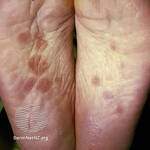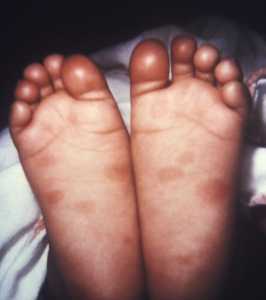Author Interviews, Neurology, Sexual Health, STD / 06.11.2024
Improving the Diagnosis and Treatment of Neurosyphilis
MedicalResearch.com Interview with:
Sagar S. Patel, MBS
Department of Medical Education
Geisinger Commonwealth School of Medicine
Scranton, PA 18509
MedicalResearch.com: What was the background for this research?
Response: Syphilis is a sexually transmitted infection that is caused by a gram-negative bacterium called Treponema pallidum. This infection promotes the cell death of microglia and can cause a variety of symptoms. It is commonly observed in developing countries such as sub-Saharan Africa. Neurosyphilis is a complication of syphilis that affects the central nervous system (CNS).
The CNS undergoes multiple stages of deterioration and can include personality changes and hearing abnormalities. Diagnosing neurosyphilis is challenging because its symptoms mimic other neurodegenerative diseases. Diagnosis relies on clinical studies, cerebrospinal fluid (CSF) analysis, and neuroimaging techniques.
(more…)





